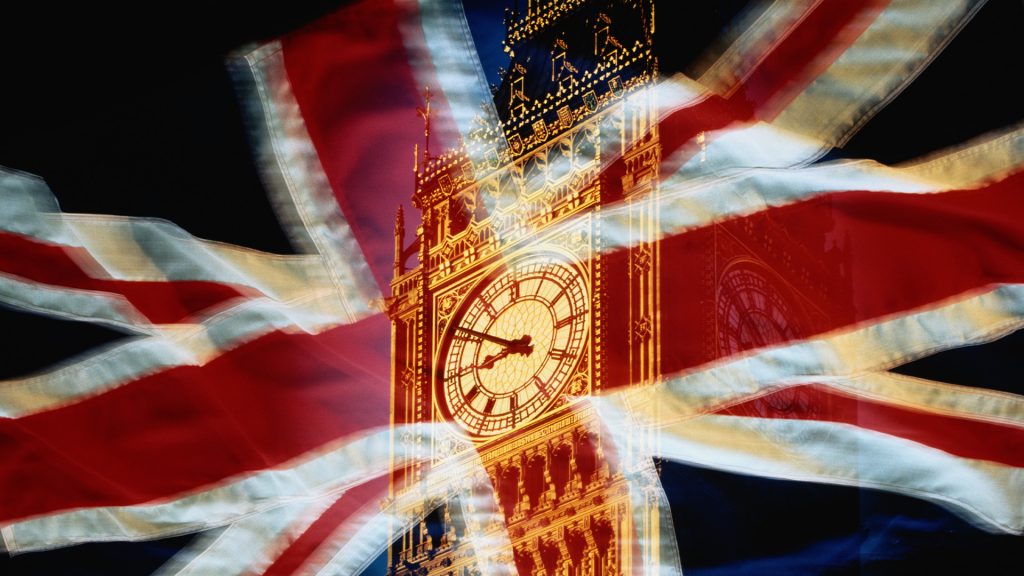JD Vance wants review of UK speech laws included in trade deal: Report
Ella Greene April 17, 2025 0
- Vice President JD Vance reportedly wants the UK to roll back its hate speech laws before a trade deal with the United States can move forward. He argues the laws violate free speech rights and has reportedly made this a key in negotiations.
- UK Prime Minister Keir Starmer confirmed that online safety rules are under review as part of trade discussions.
- The White House has not yet commented on the report, but Vance has repeatedly voiced concerns about the UK’s speech regulations.
Full Story
United States trade talks with the United Kingdom reportedly include a demand from Vice President JD Vance: Britain needs to roll back its hate speech laws. Vance said the laws violate free speech rights, and he considers the issue a red line before any deal can be finalized.
Starmer confirms negotiation talking points
According to The Independent, the stipulation is part of ongoing negotiations. The report follows Vance’s recent comments suggesting there is a “good chance” of the U.S. and UK reaching a trade agreement.
During a session in UK Parliament on April 7, Prime Minister Keir Starmer confirmed that Britain’s online safety rules are up for discussion with the United States. He said the implementation and enforcement of the Online Safety Act and the UK’s new digital markets rulebook are included in the trade talks.
The Independent’s report now suggests that changes to online speech laws may be required by the vice president as part of those discussions.
White House has not responded
The White House has not responded to requests for comment on the report as of this publication. However, Vance previously expressed opposition to the UK’s speech laws, including during Prime Minister Starmer’s visit to the Oval Office last month.
“We also know there have been infringements on free speech that actually affect the British and affect American citizens, so that is something we will talk about at lunch,” Vance said at the time.
“Well, we have free speech for a very, very long time in the United Kingdom, and it will last for a very, very long time,” Starmer responded.
Concerns raised at Munich conference
At the Munich Security Conference in Germany this February, Vance again voiced concern about speech restrictions in the UK and Europe more broadly. He referenced the case of Adam Smith-Connor, a physiotherapist charged with silently praying near an abortion clinic.
“In Britain and across Europe, free speech, I fear, is in retreat,” Vance said.
12,000 arrests for online messages in 2023
The UK’s Online Safety Act, passed in 2023, is intended to make the internet safer, particularly for children. Starmer defended the law, stating it protects minors from predators and that Britain still maintains strong free speech protections.
Vance and other critics argue that laws like the Online Safety Act and the Public Order Act of 2023 infringe on individual rights. These laws allow authorities to police online content deemed harmful, offensive or hateful.
In 2023, UK police made more than 12,000 arrests for online messages deemed offensive, according to a records review by The Times. That averages to 30 arrests per day.
Truss joins speech law critics
Former UK Prime Minister Liz Truss has also criticized Britain’s online speech enforcement. On Tuesday, April 15, British media reported that Truss plans to launch a free speech platform later this summer. In previewing the new platform, she expressed concern over growing speech suppression online.
No clear deadline for deal
While Starmer confirmed that the U.S. and UK are in active trade talks, he did not offer a timeline for when a final agreement could be reached.
Related Stories
Ella Rae Greene, Editor In Chief
Ella Greene
Ella and the staff at Clear Media Project (CMP) curate these articles.
Unless otherwise noted CMP does not write these articles.
The views, thoughts, and opinions expressed in the articles published on this blog belong solely to the original authors and do not necessarily reflect the views of the blog owner. The blog owner does not claim ownership of the content shared by contributors and is not responsible for any inaccuracies, errors, or omissions.
All rights and credits goes to its rightful owners. No Copyright Infringement is intended. If you believe any content infringes on your rights, please contact us for review and potential removal.





